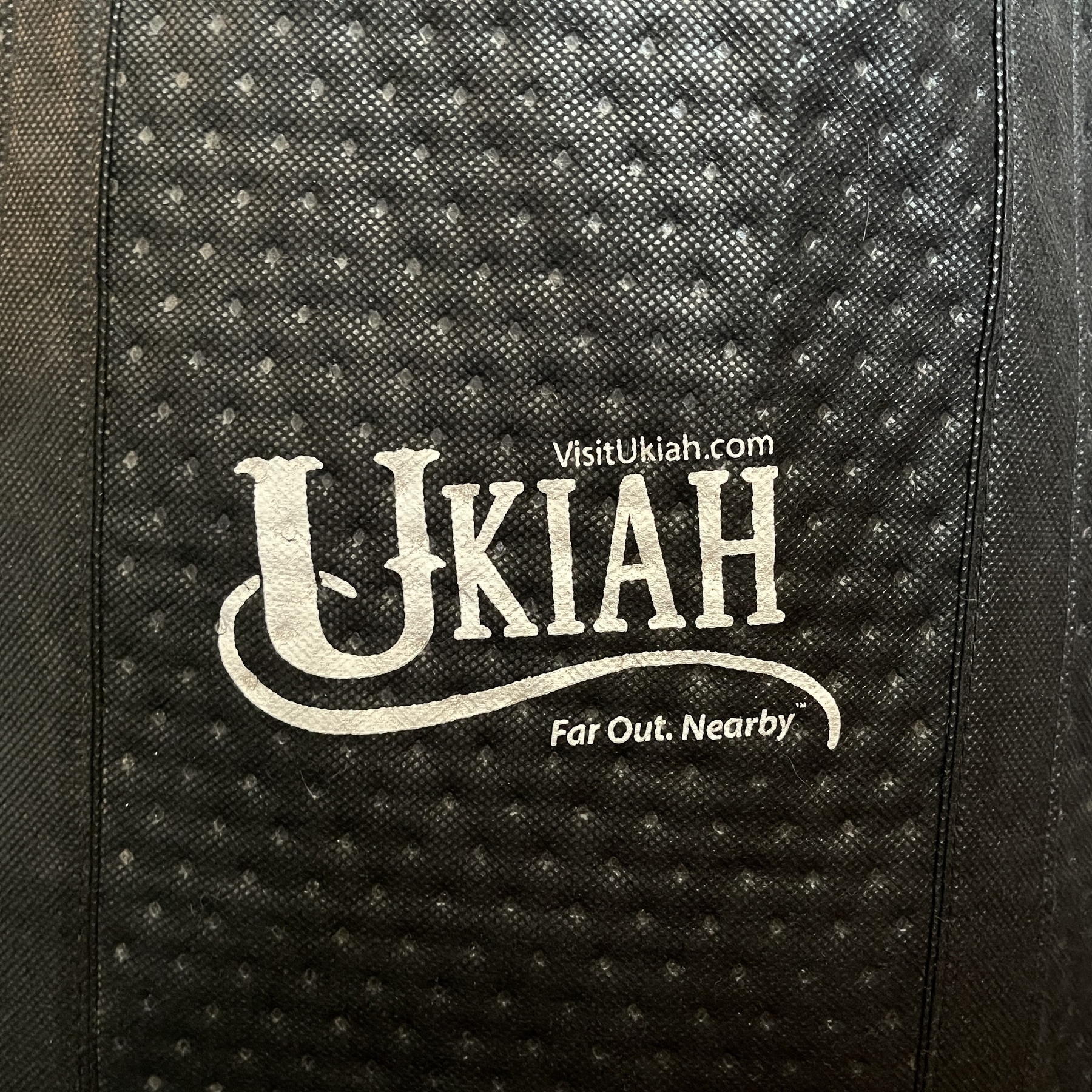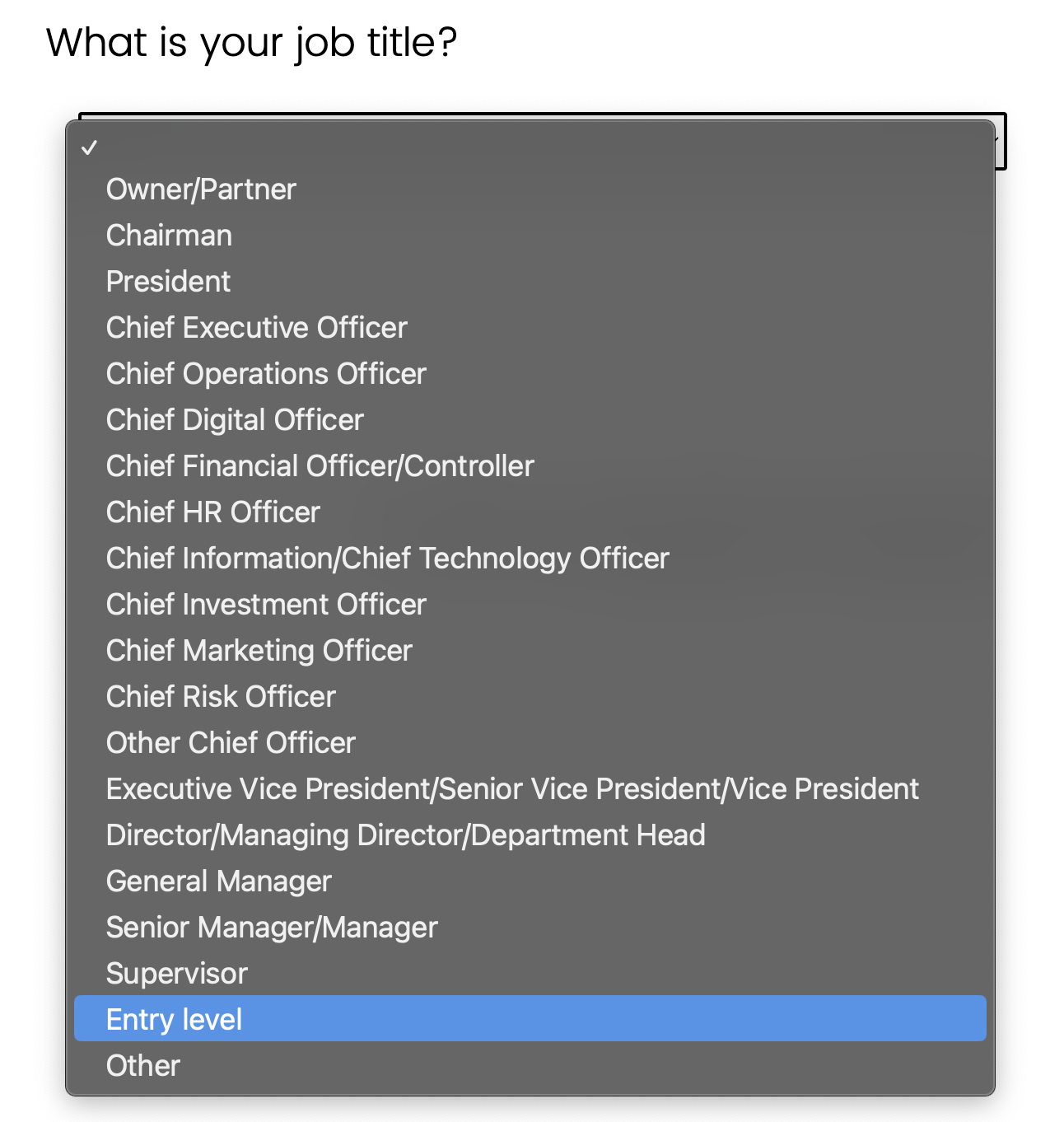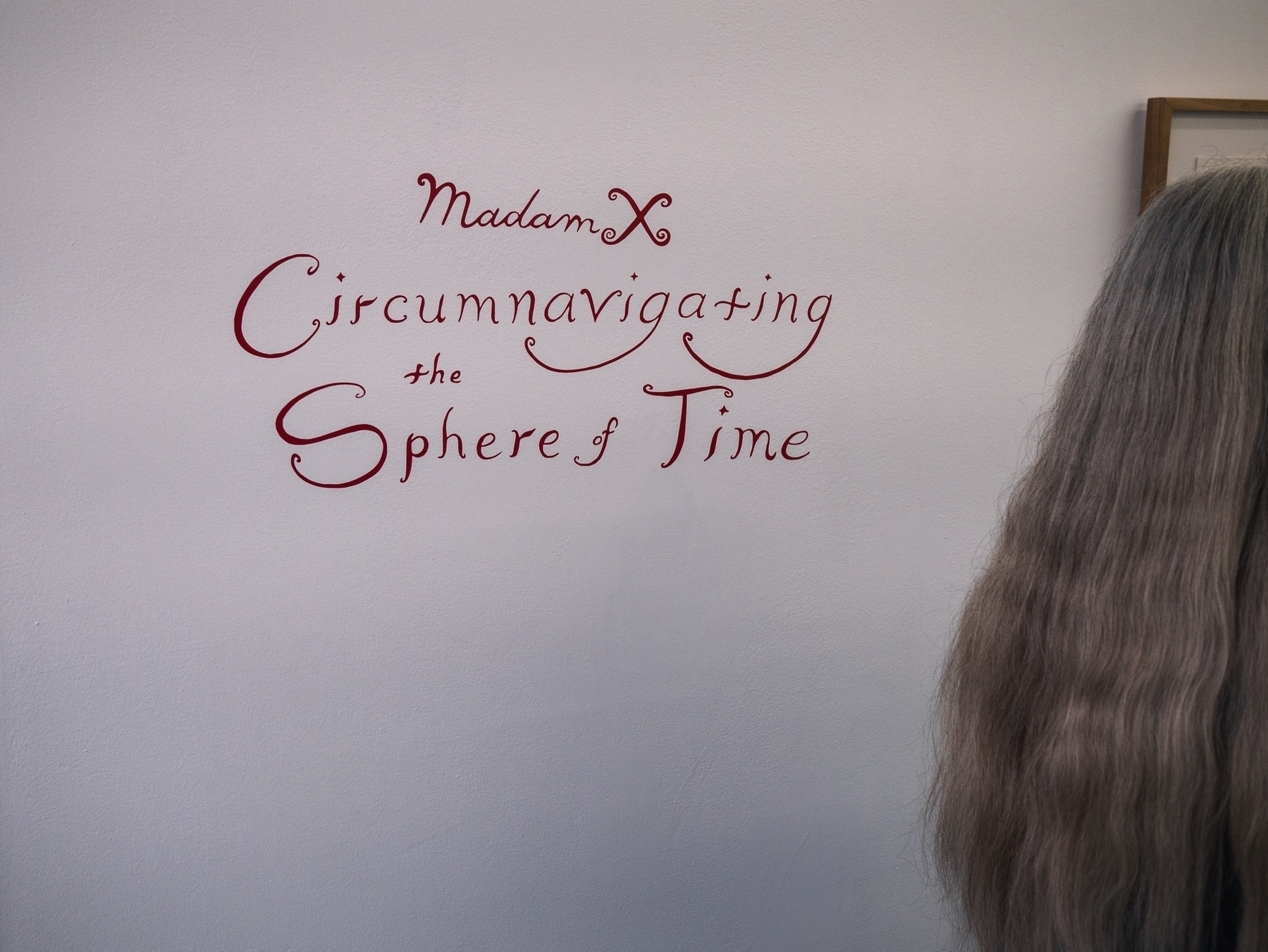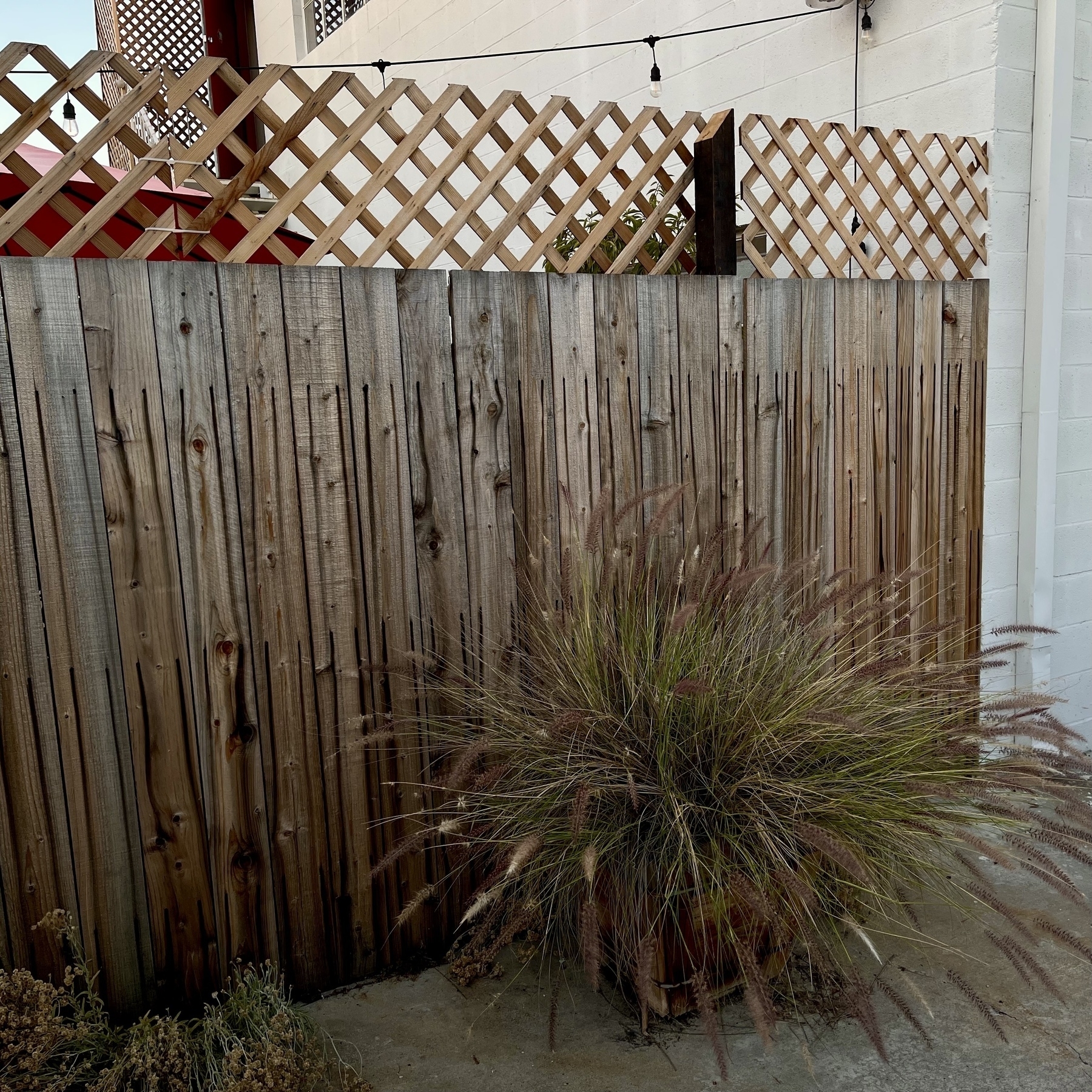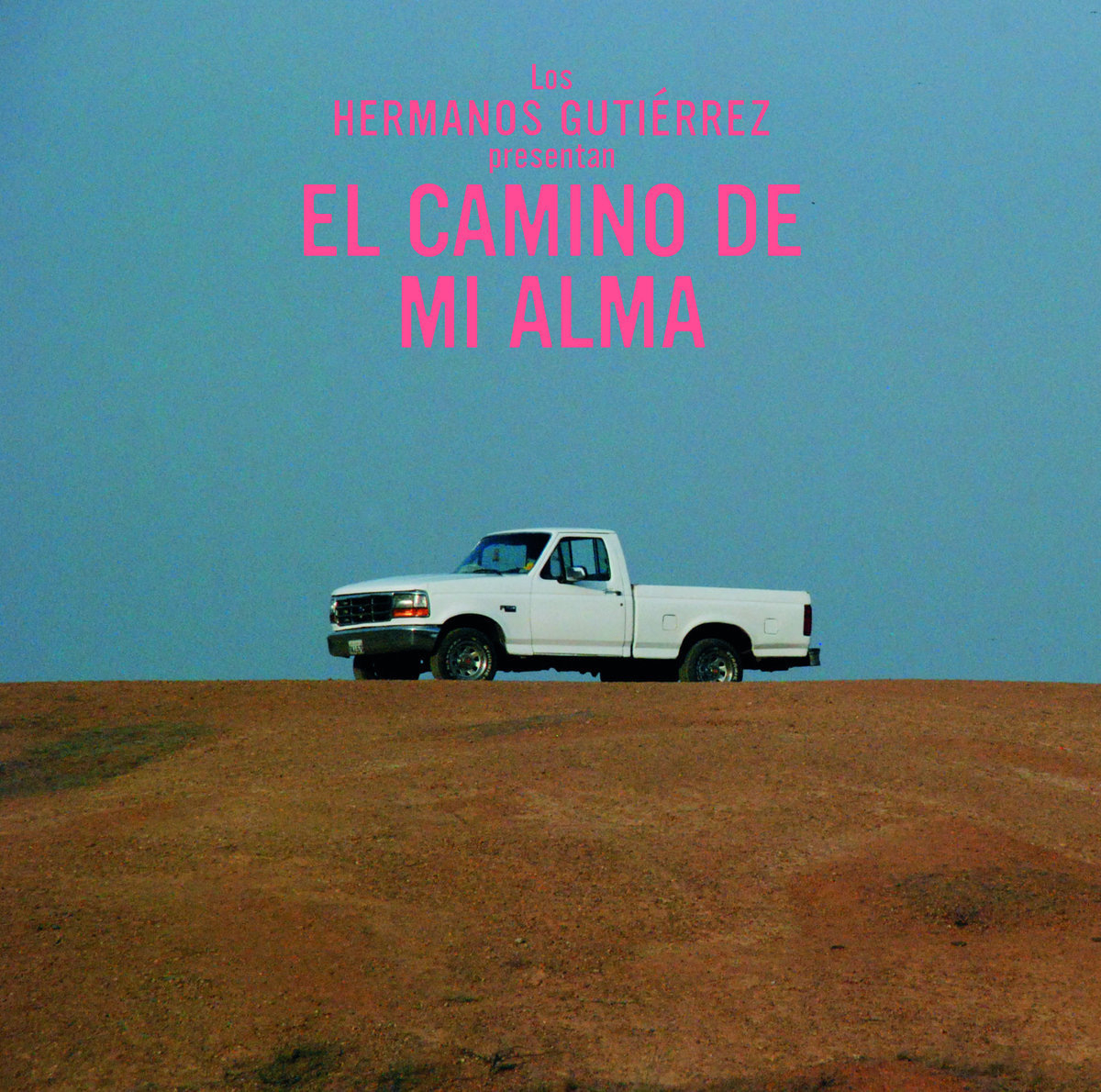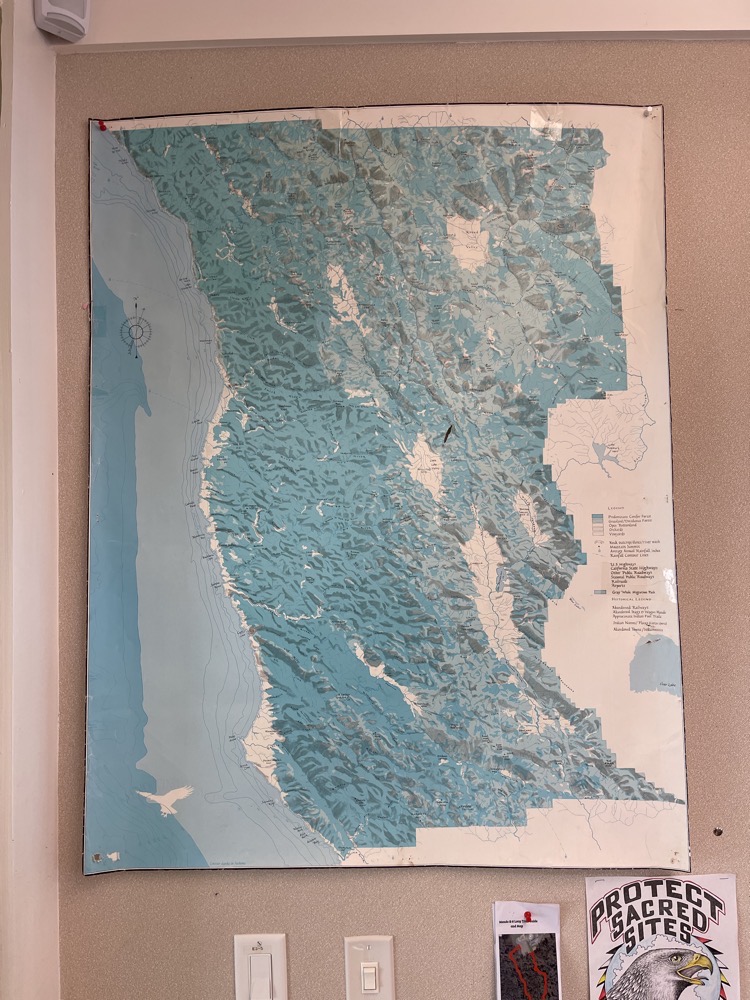Another Entry in the Iconic-Weirdo-Documentary Canon
There’s this throwaway scene in I Love You Now Die—the documentary about the trial of Michelle Carter, the teen who supposedly hectored her boyfriend into killing himself—where the filmmakers stand in a parking lot near the crime scene and interview random passerby about what happened. Nothing much comes of their gambit until a woman rolls down her window and gives a brief monologue in a thick Massachusetts accent.
“Why does evil exist?” she asks dramatically, before answering her own question. “I don’t know.”
There’s something iconic and unfiltered about her, and about this thing she says. The quote immediately became a catchphrase in our household, always recited with the same melodramatic, singsong intonation of the original.
The chance to see something like this, something true and raw, is for me one of the chief pleasures of watching documentaries. If you share this pleasure, then I highly recommend Telemarketers, a three-parter about predatory spam calls, 2000’s call center culture, poverty, fraternal orders of police, capitalism, and an extremely iconic man named Patrick J. Pespas. It is truly stuffed with the strangeness and playful genius of people you never otherwise see on TV. (Except sometimes in reality stuff like Catfish.) And it centers on an unlikely bromance between two life-affirming weirdos.
Plus, it answers a question I’ve had for years: what the hell is up with those deep-voiced robots who call you and pretend to be cops and ask for money?
